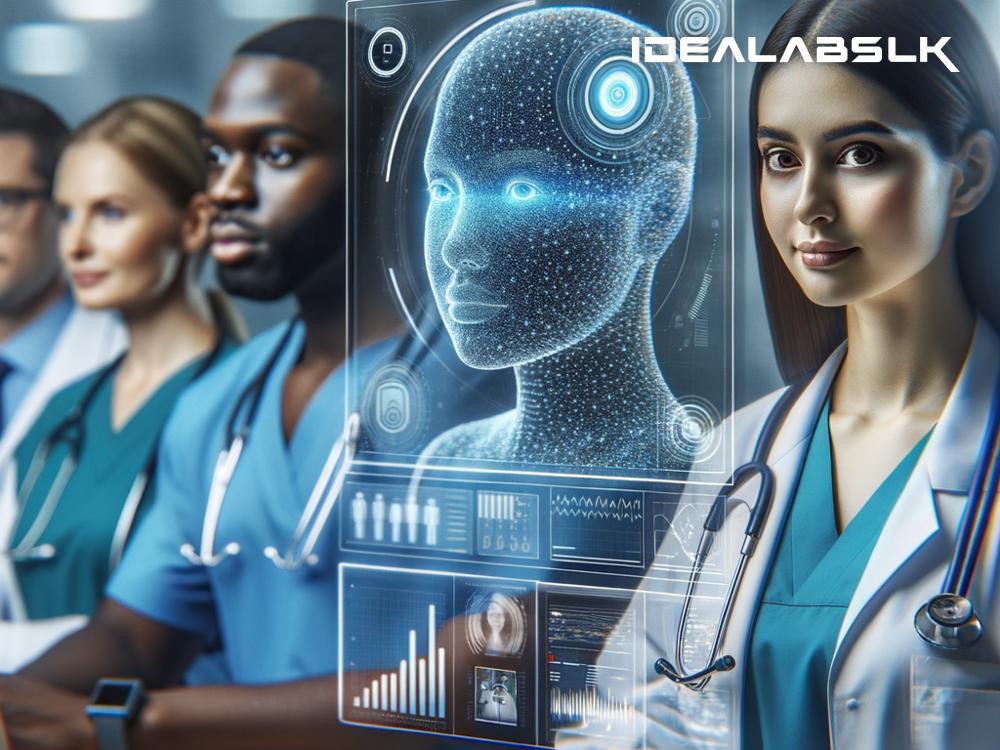Title: How AI is Shaping the Future of Patient-Centered Care
In today's world, where technology touches every part of our lives, it's no surprise that healthcare is also getting a makeover. One of the most exciting transformations is happening with the help of artificial intelligence (AI). But, what's really thrilling is how AI is paving the way for a more personalized, patient-centered approach to healthcare. Let's dive into how AI is enhancing patient care and making the healthcare experience more about you.
Understanding Patient-Centered Care
First off, patient-centered care is all about you – the patient. It's a way of thinking about healthcare that puts your needs, preferences, and values right at the heart of the process. It means your doctors, nurses, and other healthcare professionals work with you to make decisions and plan your care, ensuring it fits your life and your needs perfectly.
The Role of AI in Making Healthcare More Personal
AI is like a super-smart assistant that can analyze vast amounts of information quickly and accurately, helping healthcare providers make better decisions, faster. Here's how AI is making patient-centered care even better:
-
Personalized Treatment Plans: AI can sift through your medical history, considering everything from past treatments to genetic information. It helps doctors develop a treatment plan that's tailored just for you. No more one-size-fits-all approach – your care plan is as unique as you are.
-
Improved Diagnosis: AI tools can spot patterns in data that humans might miss. This ability is particularly useful in diagnosing diseases early on. By analyzing images like X-rays or MRIs, AI can help catch diseases like cancer sooner, when they're often easier to treat.
-
24/7 Health Monitoring: Imagine having a health guardian angel that watches over you all the time. Wearable devices equipped with AI can monitor your health round the clock, alerting you and your doctor if something seems off. This means potential problems can be caught early, often before you even feel sick.
-
Better Communication: AI can also play a huge role in helping you understand your health better. Tools like AI-powered chatbots can provide personalized advice and answer your health questions any time of the day. This kind of on-demand information makes it easier for you to manage your health.
-
Easing the Load on Healthcare Professionals: By taking care of routine tasks and sifting through data, AI allows healthcare professionals more time to spend with their patients. They can focus on listening to you and understanding your needs, making your care even more personalized.
The Human Touch in AI-Enhanced Care
While AI offers incredible potential to improve patient care, it's important to remember that it doesn't replace the human touch. The empathy, understanding, and trust that form the foundation of patient-centered care are qualities that AI can't replicate. Instead, AI should be seen as a tool that helps healthcare professionals provide even better care, while also giving them more time to connect with patients on a human level.
The Road Ahead
As AI technology continues to advance, the future of patient-centered care looks brighter than ever. But, embracing this future also means tackling significant challenges such as protecting patient data privacy and ensuring everyone has equal access to AI-enhanced care. As we navigate these challenges, the focus should always remain on using AI to empower patients and enrich the care they receive.
In conclusion, AI is revolutionizing healthcare by making it more personalized, accessible, and centered around the unique needs of each patient. As we move forward, the integration of AI into patient care promises not just better health outcomes but a healthcare experience that is truly patient-centered. It's an exciting time for healthcare, with AI leading the charge towards a future where care is not just about treating diseases, but about nurturing overall health and well-being, tailored to each and every person.

